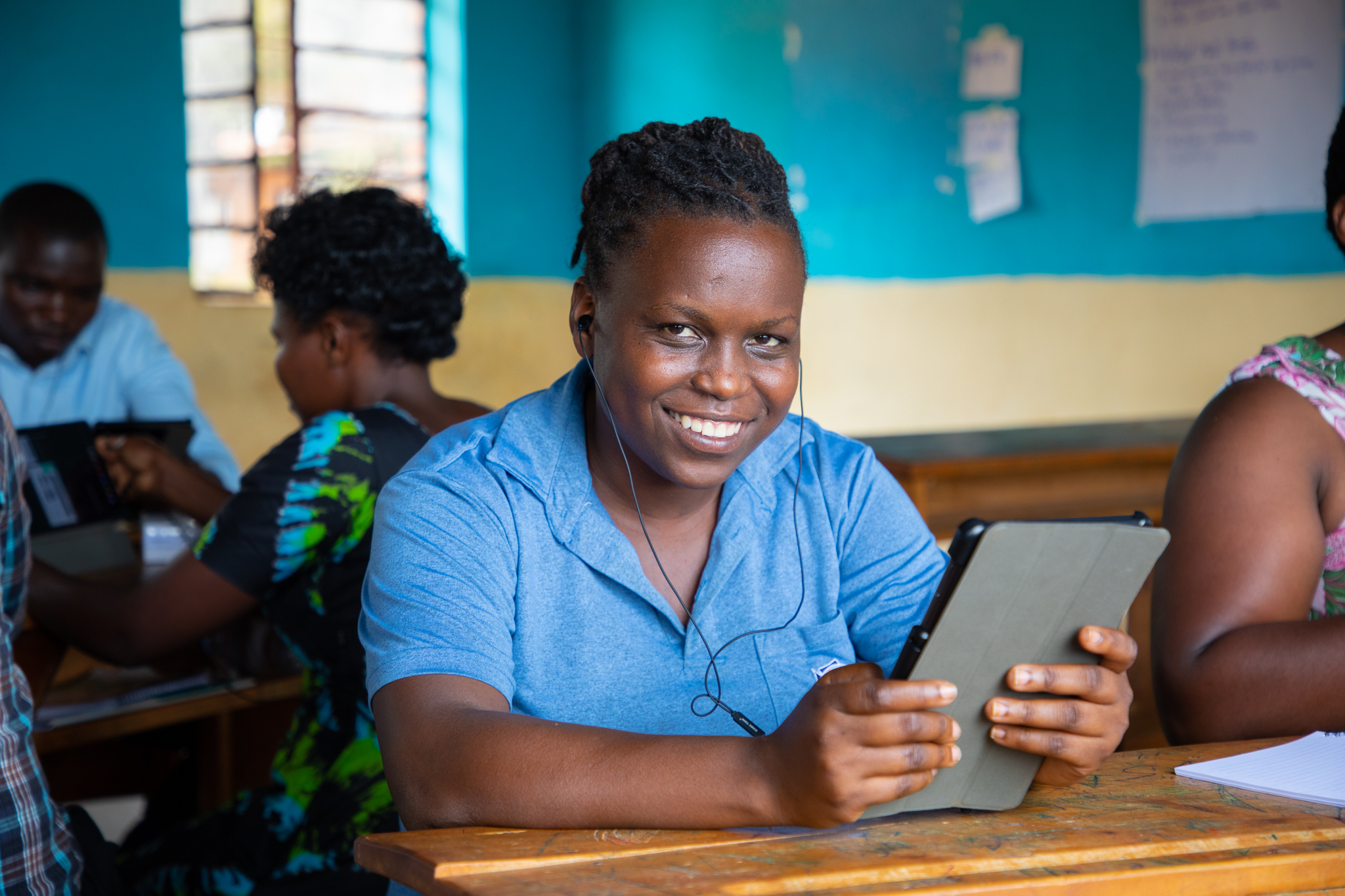
Across the education sector there is an increasing emphasis on understanding where appropriate opportunities may exist to deliver more environmentally-friendly and sustainable education programmes. One key challenge is that there is a lack of available evidence around the environmental impact of delivering programmes. Having this data available could support decision makers to better understand where appropriate action may be taken to reduce the environmental impact of education programming, particularly for programmes that use technology which is increasingly being recognised as having significant implications (both positive and negative) for the environment.
This study outlines an exploratory approach to assessing the environmental impact of education programmes to attempt to further this evidence base. Delivered in partnership with Jigsaw, the project establishes a process framework for assessing the carbon footprint of a large-scale blended teacher professional development programme, with a focus on comparing face-to-face and online delivery models.
The Secondary Teachers English Language Improvement Rwanda (STELIR) programme, a large-scale blended teacher professional development project currently being implemented in Rwanda, is used as a case study for the pilot framework. The total estimated carbon footprint for the STELIR programme is 708,071 kgCO2e. Perhaps surprisingly, the online training component of STELIR had a higher carbon footprint than the face-to-face component, with online training constituting 48.52 per cent of the total footprint compared to the 41.52 per cent accounted for by in-person training. This is due to the inclusion of manufacturing emissions associated with the capital investment of new digital hardware that is purchased in order to facilitate online training. There are important lessons here about procuring new digital hardware for projects and the associated environmental impact this can have.
In addition to the summary report linked below, the Jigsaw team produced three core documents: a case study report, a framework and a recommendations document. These three products should be read as a complementary set of resources and can be accessed on Jigsaw’s website.
To cite this work:
D'Rozario, J., Barnes, K. and Thomas, M. 2024. Assessing the carbon footprint of professional development programmes: Summary and recommendations. British Council.